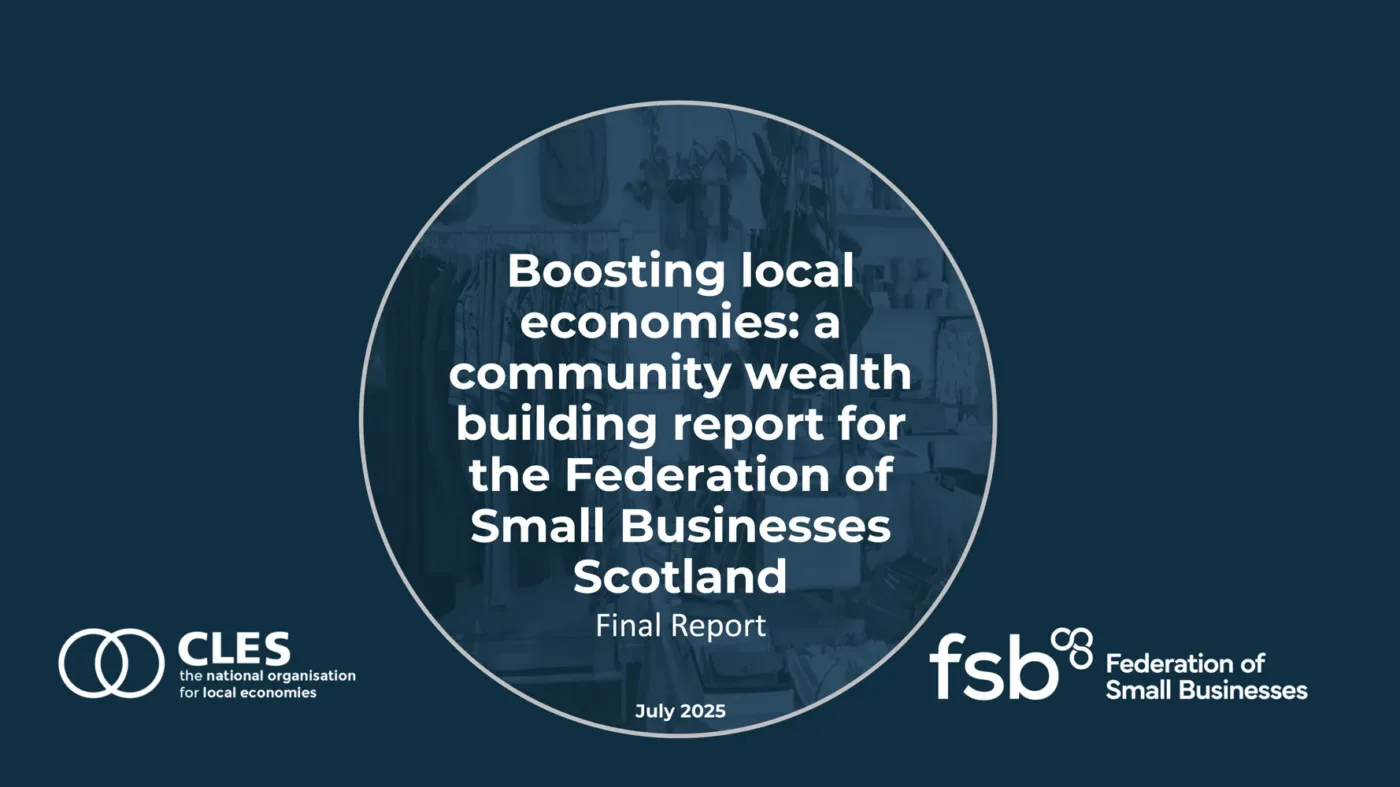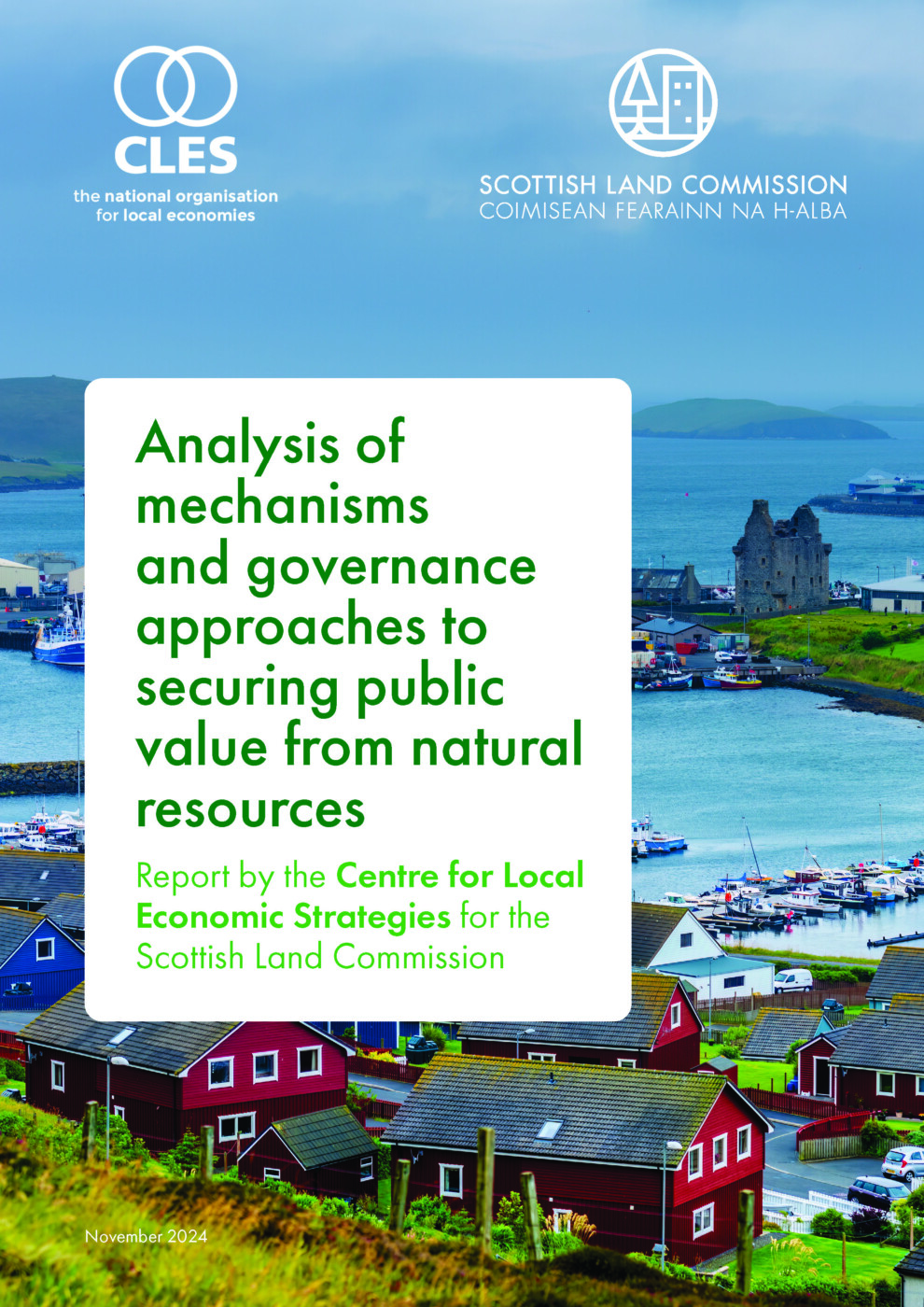
Earlier in 2025 we completed a piece of work for South of Scotland Enterprise. This fascinating and timely project involved consultations across various groups to co-create a Community Wealth Building Framework, which could be used in renewable energy developments to scale and amplify local benefits. We spoke to communities, their larger representative bodies, renewables developers and officials in the public sector. All agreed that developers should be contributing more and that we need a more consistent approach.
“the stakes are high, and we can, and must, deliver more for our people and places”
This can’t come soon enough. Communities across Scotland are increasingly frustrated at the scale of renewable development and the impact this is having on their places. These feelings are the symptom of a system where communities have, in some instances, been left out of negotiations, and ultimately do not feel they are reaping the tangible community benefits which these developments could bring for their areas. This is playing into a political environment where a push back against net zero aspirations and renewable technologies is gaining more airtime. The stakes are high, and we can, and must, deliver more for our people and places to enable us to tackle the climate emergency, support our rural economies and shift the narrative of extraction.
“natural resources can be owned, managed and shared in ways which benefit local people, local places and local economies”
Things can be done differently, however. We only have to look north to Shetland to see how their council negotiated with the oil industry to leverage a better outcome as part of the oil boom of the 1970s and 80s (although of course this did take an act of parliament). The council were able to secure financial recompense for every barrel of oil landed at Sum Voe, as well as rental income for the port itself which was used to fund social infrastructure across the islands. The legacy from this money, as well as residual funds, now forms the bulk of the Shetland Charitable Trust’s development support for island activities, as well as their reserves. And, we can see from other countries and other natural resources too, that different ways of working are possible. Natural resources can be owned, managed and shared in ways which benefit local people, local places and local economies. Our work in 2024 with the Scottish Land Commission exploring governance and mechanisms for securing value from natural resources highlights various case studies of best practice and showcases a set of guiding principles.















